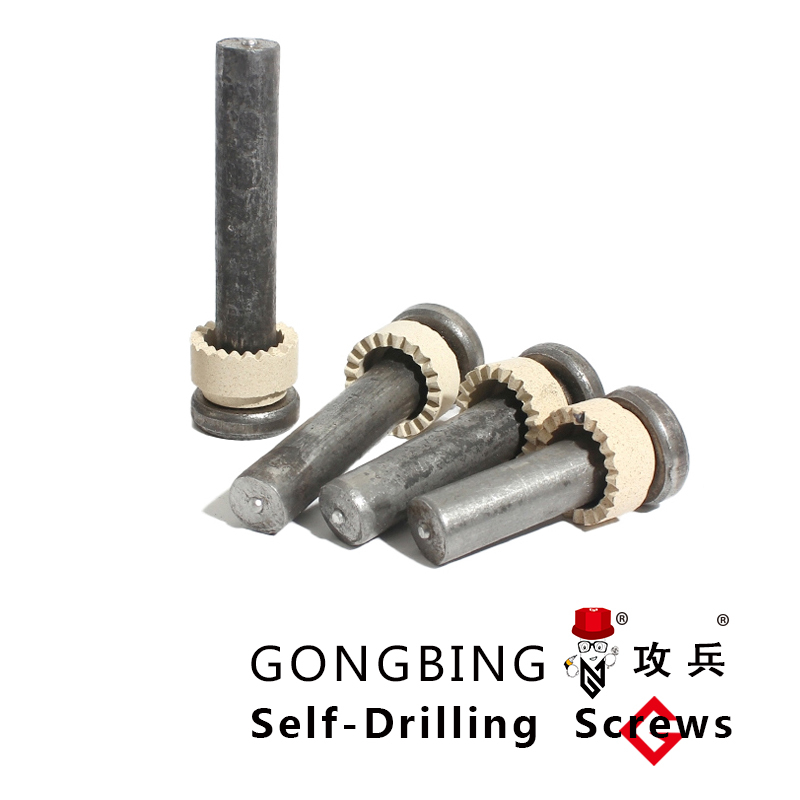hexagonal head bolts
Understanding Hexagonal Head Bolts A Comprehensive Guide
Hexagonal head bolts are a crucial component in various engineering and construction applications. Their versatility, strength, and adaptability make them a preferred choice among engineers and construction professionals. This article delves into what hexagonal head bolts are, their features, applications, and considerations for selection.
What Are Hexagonal Head Bolts?
Hexagonal head bolts, often referred to simply as hex bolts, are fasteners with a hexagonal-shaped head. This design allows for enhanced torque application, ensuring that the bolt can be easily tightened using a wrench or a socket without slipping. The body of the bolt is cylindrical, with external threads that allow it to be screwed into a pre-drilled hole or paired with a nut.
These bolts come in various sizes, materials, and grades, making them suitable for a range of applications, from machinery assembly to structural installations.
Key Features of Hexagonal Head Bolts
1. Robust Design The six-sided head design provides a larger surface area, making it easier to grip with a wrench, which is essential for high-torque applications.
2. Versatile Sizing Hexagonal head bolts are available in a wide range of diameters and lengths, allowing for customization according to project needs. Common materials include stainless steel, carbon steel, and alloy steel, each offering different strength and corrosion resistance levels.
3. Threading Options The threads on hex bolts can be either full or partial, with varying pitches to accommodate different applications. Fine threads offer better tensile strength, while coarse threads provide better grip in soft materials.
4. Finishes and Coatings To enhance durability and resistance to environmental factors, hexagonal head bolts can be coated with materials such as zinc or nylon. These coatings help prevent rust and corrosion, extending the lifespan of the bolt.
Applications of Hexagonal Head Bolts
Hexagonal head bolts are commonly found in numerous applications across different industries
hexagonal head bolts

- Construction Used for securing structural elements like beams, columns, and frames in buildings and bridges. - Automotive Utilized in various parts of vehicles, including engines, chassis, and suspension systems. - Manufacturing Integral to machinery assembly and equipment maintenance. - Aerospace Employed in various components due to their high strength-to-weight ratio. - Furniture Frequently used in assembling flat-pack furniture and various fixtures.
The versatility in their application stems from the reliable strength and resistance they offer, making them suitable for both temporary and permanent attachments.
Selecting Hexagonal Head Bolts
When choosing hexagonal head bolts for a specific application, several factors should be considered
1. Material Depending on the environment and load-bearing requirements, select a material that provides the necessary strength and corrosion resistance.
2. Size and Length Measure the dimensions of the components being fastened to ensure the right fit. The bolt should be long enough to accommodate the thickness of the materials being joined.
3. Grade Bolt grades indicate the tensile strength. Higher grade bolts provide greater strength but may be more expensive. It’s vital to match the bolt grade with the application’s load requirements.
4. Thread Type Consider the type of material you are working with when selecting thread types. Coarse threads are preferable for softer materials, while fine threads are better for harder materials.
5. Coatings Depending on whether the bolts will be exposed to harsh environments, a protective coating may be necessary.
Conclusion
Hexagonal head bolts are essential fasteners that facilitate the assembly and stability of various structures and machines. Understanding their features, applications, and correct selection criteria ensures that they perform effectively, providing safety and durability in construction and engineering projects. As industries continue to evolve, the demand for resilient and versatile fasteners like hexagonal head bolts will only increase, solidifying their place as indispensable components in modern assembly and manufacturing.
-
Weatherproof Plastic Expansion Anchors for OutdoorNewsJun.06,2025
-
Sustainability in the Supply Chain: Eco-Friendly TEK Screws ProductionNewsJun.06,2025
-
Load-Bearing Capacity of External Insulation FixingsNewsJun.06,2025
-
Double Head Bolts: Enhancing Efficiency in Industrial MachineryNewsJun.06,2025
-
Corrosion Resistance in Chipboard Screws: Coatings for Wholesale DurabilityNewsJun.06,2025
-
Butterfly Toggle Bolts : Enhancing Structural ResilienceNewsJun.06,2025
